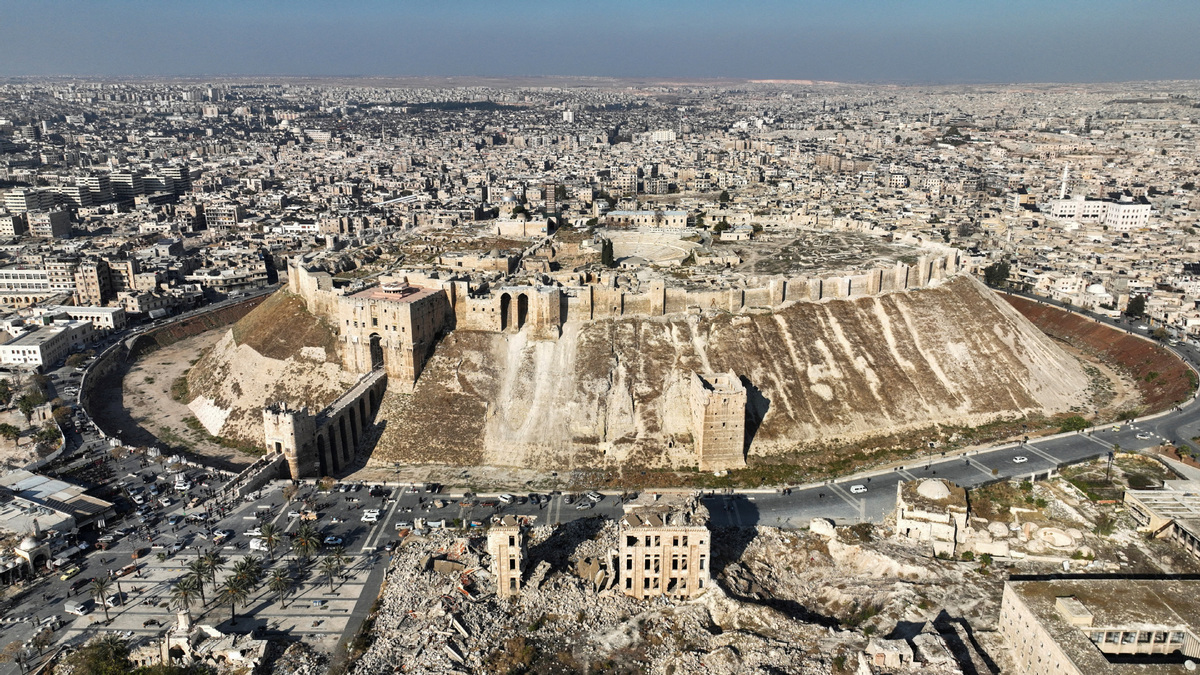Escalation of the situation in Syria detrimental to region and world
By WU YIXUE | China Daily | Updated: 2024-12-05 07:09

The recent escalation of the situation in Syria is of great concern to the international community, and highlights the desperate need for various stakeholders to make substantial efforts to prevent it from spiraling out of control.
The current deterioration of the situation is a ramification of the lingering tensions in the Middle East. That is why United Nations Secretary-General Antonio Guterres issued a statement on Monday expressing alarm, calling for an immediate cessation of hostilities and urging all stakeholders to assume their obligations under international law, including humanitarian law, and immediately resume a political process in accordance with Security Council resolution 2254 of 2015.
In a country torn by nearly 14 years of war and chaos, the latest developments pose severe risks to civilians and have serious implications for regional and international peace and security, UN Special Envoy for Syria Geir Otto Pedersen said, urging the Syrian parties and key international stakeholders to engage earnestly in meaningful and substantive negotiations to find a way out of the conflict.
As a promoter of peace around the world, China is deeply concerned about the situation in Syria, supports Syria's efforts to maintain national security and stability, and is willing to make positive efforts to prevent the situation there from further deteriorating.
Syria has an important strategic position in the Middle East, so it has always been an important venue for power wrestling among global and regional players. This is also an important reason why the country has been plagued by war, conflict, chaos and instability. The recent significant advances by Hayat Tahrir al-Sham, which the UN Security Council identifies as a terrorist group, are to some extent a spillover of the Israel-Hamas conflict that erupted last October.
In the face of the current tensions in Syria, which is causing heavy civilian casualties, major stakeholders should stop seeing Syria as a bridgehead in their power games. They should realize that if the Syrian civil war escalates further, it could evolve into a broader regional conflict that will likely undermine the just-concluded and still fragile Israel-Lebanon ceasefire agreement and further destabilize the entire region.
Tensions in the Middle East have always been under the shadow of major powers, especially the United States. The Syrian crisis should not be left for Syria to settle alone. All parties should make joint efforts to prevent the crisis from spreading.
























